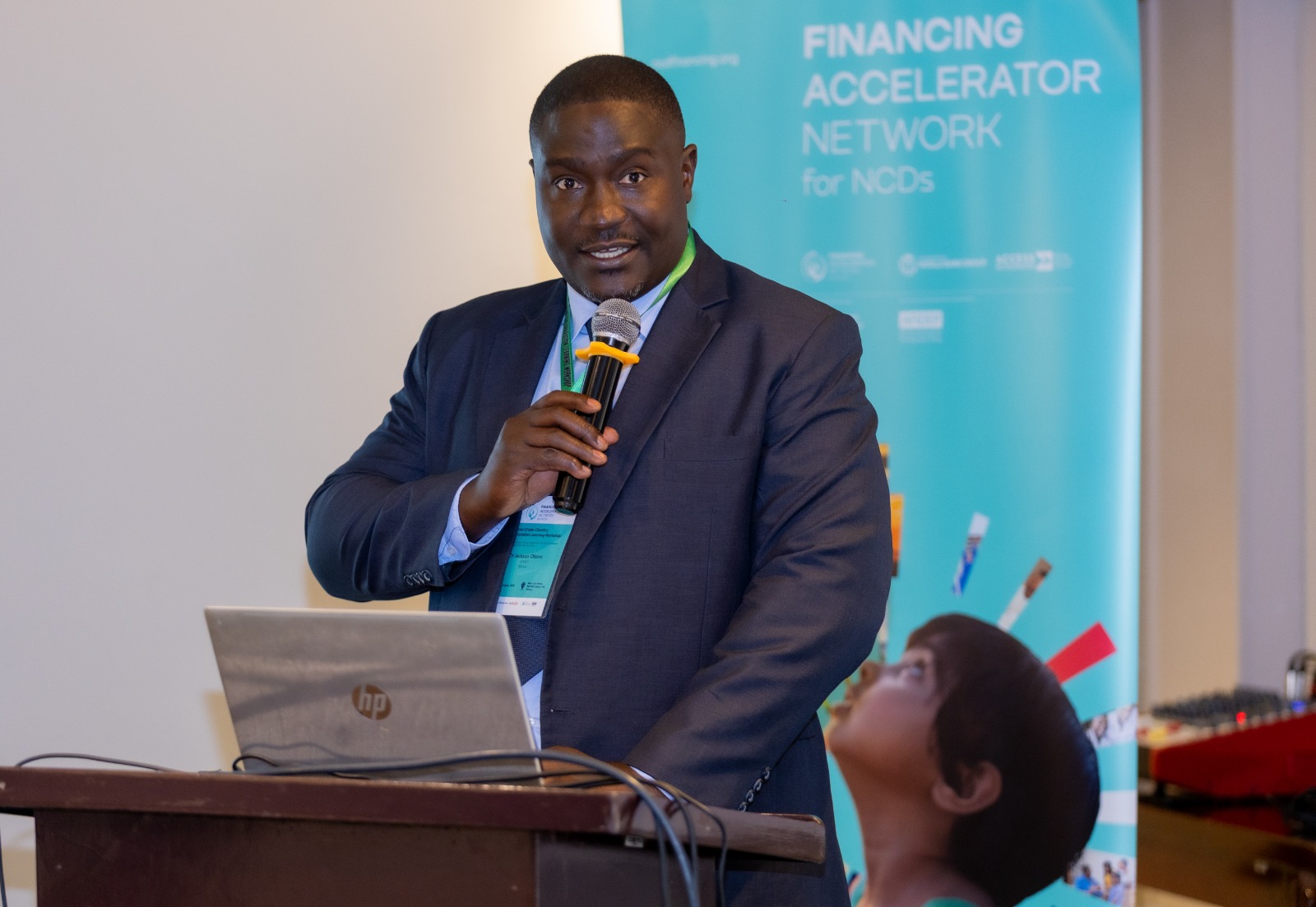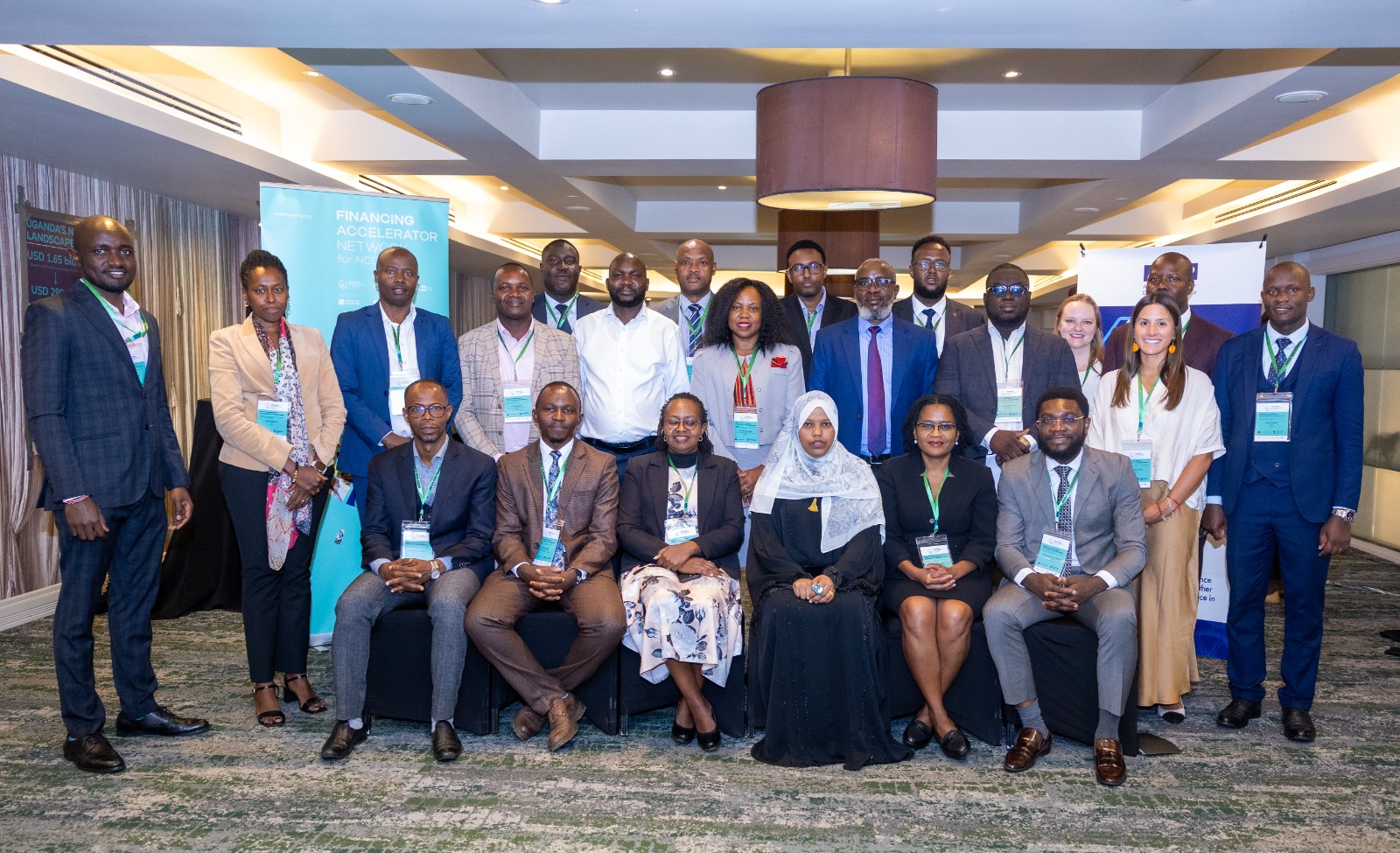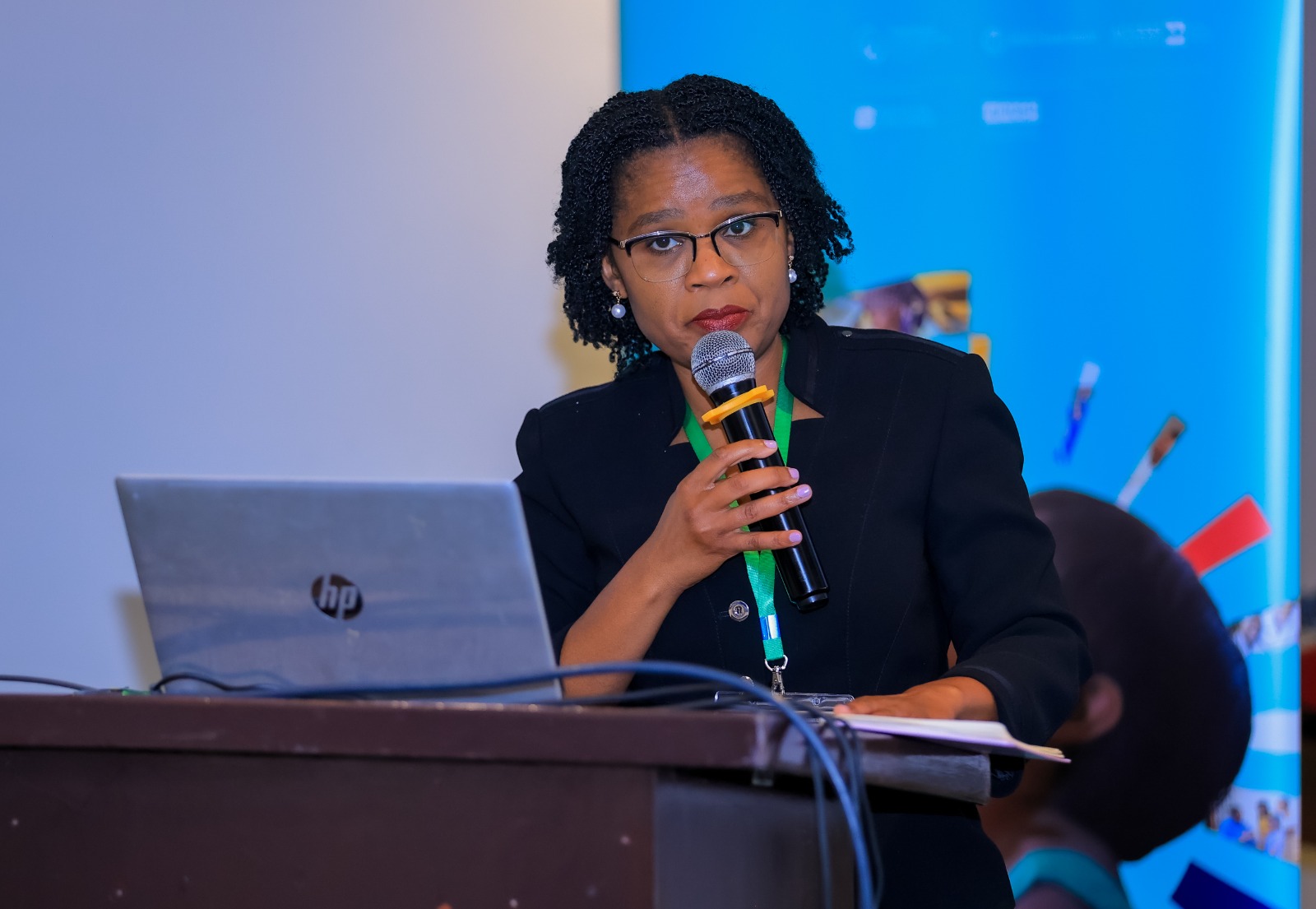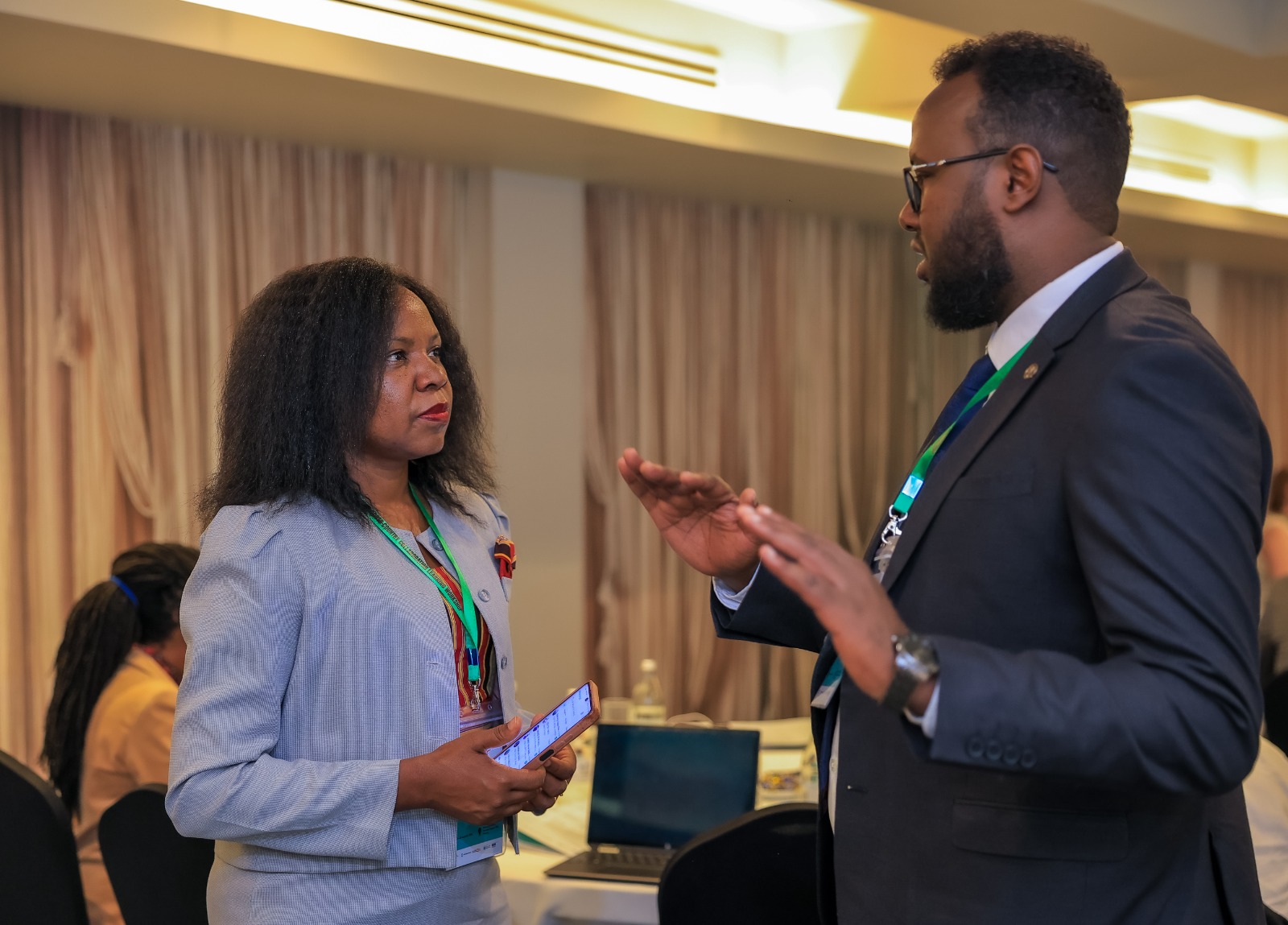

African health leaders, policymakers, and experts meeting in Nairobi have
urged governments to prioritise domestic resource mobilisation as the
cornerstone of financing the fight against noncommunicable diseases (NCDs).
NCDs, including cancer, diabetes, cardiovascular
disease, chronic respiratory conditions, and mental health disorders, are now
among the leading causes of death across Africa.
The World Health Organisation (WHO) estimates that they account for 74% of
global deaths and 84% of premature deaths in low- and middle-income countries.
In Africa, cases have been rising steadily since 2017, threatening to overwhelm
fragile health systems.
At the Cross-Country Learning Workshop on NCDs, participants warned that reliance on donor funding is unsustainable. Instead, governments were urged to strengthen domestic financing frameworks to ensure predictable and long-term investment.

“Domestic resource mobilisation is more than
just raising funds; it is about aligning those funds with national priorities
and ensuring they are spent efficiently,” said Dr. Jackson Otieno, Senior
Research and Policy Analyst at AFIDEP.
Kenya’s experience highlights the challenge.
In the 2024/2025 financial year, NCDs were allocated 11.6% of the health
budget—USD 555,900—but only USD 78,000 was spent.
Most funds, nearly 80%, went to curative services, while only 3.7% supported preventive care.

Despite contributions from national and county governments, social health insurance, and development partners, households still shouldered almost a quarter of the costs. "
"This out-of-pocket burden undermines equity," said AFIDEP's Deputy Executive Director Dr. Rose Oronje, who stressed the need for preventive investment.
“We must invest in prevention and early treatment of NCDs rather than wait until people are terminally ill—that is like supervising death,” she warned.
Participants called for evidence-based policy
reforms, stronger public-private partnerships, and catalytic financing models
to complement domestic efforts.
“Without stronger financing and policy frameworks, NCDs will remain a leading cause of premature death and economic loss across Africa,” cautioned Mr. Labran Musah, Executive Director of The Vision for Accelerated Sustainable Development in Ghana.

The Nairobi workshop brought together
officials from Kenya, Uganda, Somalia, Rwanda, Malawi, Cameroon, and Ghana.
According to Herb Riband, Director at Access Accelerated, the gathering
marked “the beginning of meaningful cross-country learning” to build
sustainable NCD financing models.
As convener, the Financing Accelerator Network
(FAN) reaffirmed its commitment to co-creating solutions with governments and
partners.
FAN pledged to support countries with technical assistance, innovative
financing tools, and cross-country learning to strengthen health systems and
reduce Africa’s growing NCD burden.

















